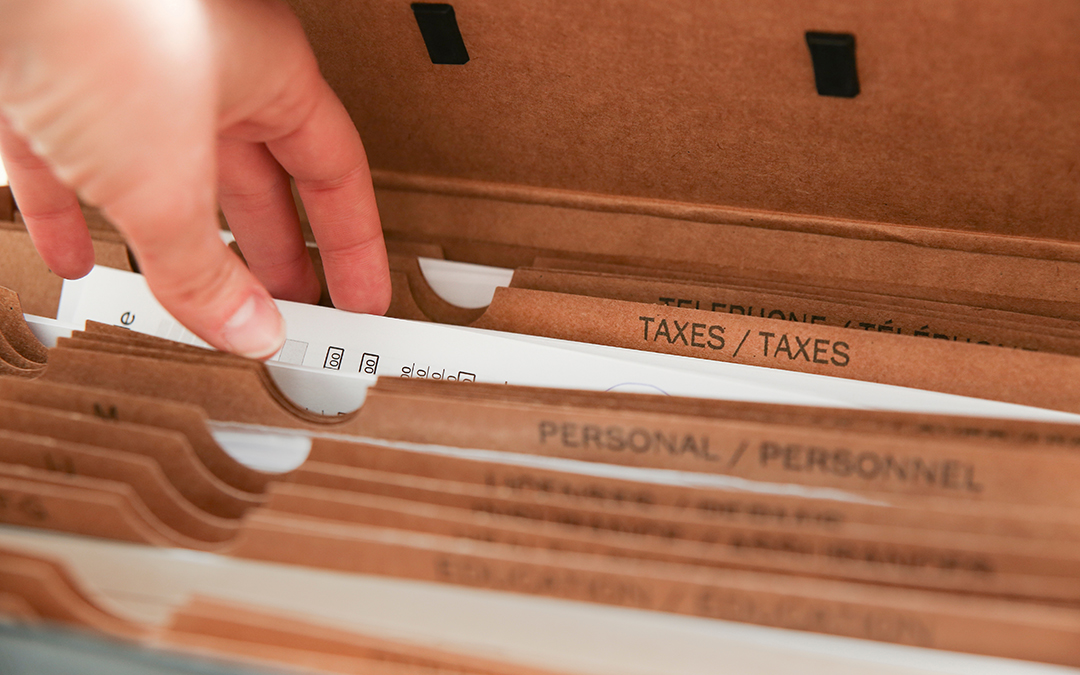
Businesses should be aware that they may be liable for sending additional information reporting forms because more employees may fall within the necessary range of income to be reported in 2022.
The reporting threshold for Form 1099-K, “Payment Card and Third-Party Network Transactions,” has been drastically reduced this year. Businesses and employees in specific sectors may get more of these forms, and some individuals may receive them as a result of personal interactions.
Why is the 1099-K Filing Threshold Changing?
Payment settlement enterprises (PSEs), or third-party settlement organizations (TPSOs), are banks and online payment networks that must report payments in a trade or company to the IRS and beneficiaries. Form 1099-K is used for this. Venmo and CashApp, as well as gig economy facilitators like Uber and TaskRabbit, are among these companies.
Legislation passed in 2021 reduced the minimal barrier for PSEs to submit Form 1099-K for a taxpayer from $20,000 in reportable payments and 200 transactions to $600 (the same level as other Forms 1099). Because of the reduced filing level for 1099-K forms, many participants in the gig economy will be receiving them for the first time. Members of Congress have submitted legislation to restore the $20,000 and 200 transaction thresholds, but there is no assurance that they will succeed.
Freelancers and Gig Workers
Whether or not income from side jobs is disclosed to the IRS, individuals should report it. Freelancers who earn money making things for Etsy or driving for Uber, for example, should have paid taxes all along. However, according to Congress and the IRS, this obligation is often disregarded. Taxpayers may be unaware that income from these sources is taxed in certain situations.
Some taxpayers may first notice this change in January 2023 when they get their Forms 1099-K. Businesses should be aware of the 1099-K filing threshold and prepare for the tax repercussions of the gross amount of Form 1099-K reportable payments starting in 2022.
What Should I do Now?
Gig and other reportable acts should be scrutinized by taxpayers. Verify that payments are being recorded correctly. Payments received in a trade or company should be recorded in their entirety so that employees may properly withhold and pay taxes.
To avoid fines, you may choose to raise your tax withholding or, if required, make anticipated tax payments or higher payments if you earn income from specific activities.
Tips for Keeping Track of 1099-K
Separate taxable gross receipts received via a PSE that are revenue from personal costs, such as sharing a restaurant check or providing a gift. Because PSEs may not be able to discern between personal and business costs, taxpayers should have separate accounts for each kind of payment.
Keep in mind that taxpayers who haven’t reported all of their gig income may not have documented all of their deductions. They should begin immediately to reduce the amount of taxable income recognized as a result of gross receipts reported on Form 1099-K.
The IRS is expected to adopt the position that all gross revenues recorded on Form 1099-K constitute income, and deductions will be denied unless the taxpayer can prove otherwise. Deductions will vary depending on the taxpayer’s profession.
If you have any concerns concerning your Form 1099-K duties, please contact us.
© 2022